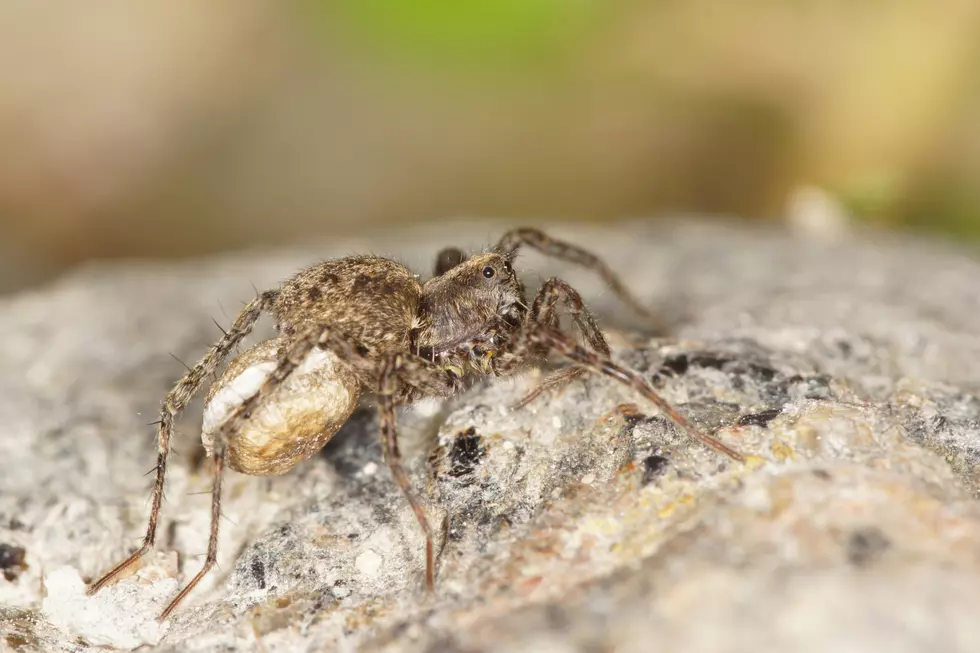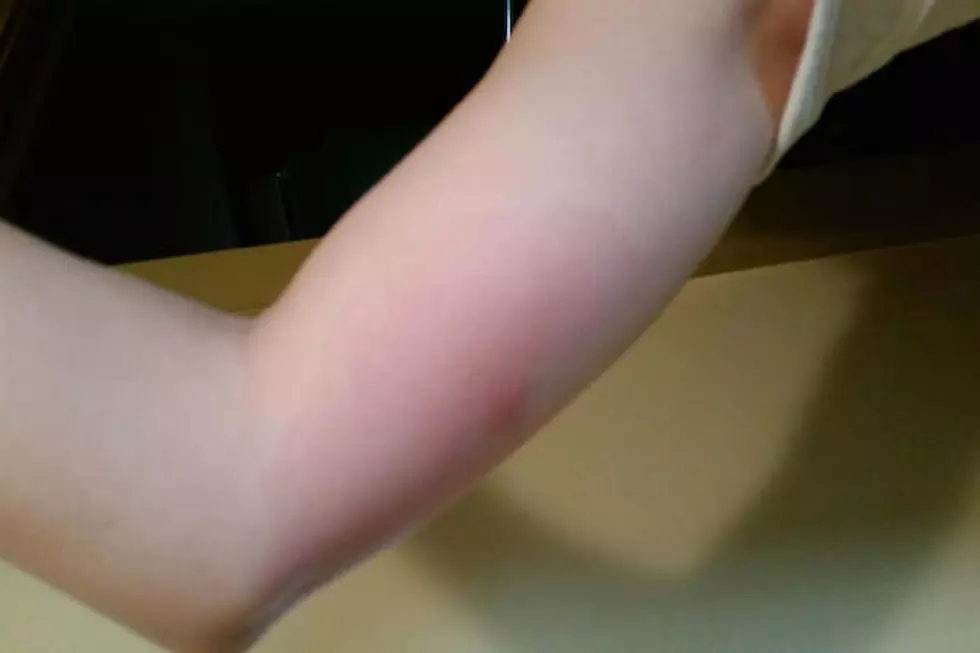
Creepy! Did You Know Minnesota Has A Spider That Is 15X More Venomous Than A Rattle Snake?
I thought one of the benefits of living in a place where it's freezing over half the year was that we didn't have a lot of poisonous animals. It turns out that we don't even have that going for us. There are quite a bit of poisonous things to look out for.
Fortunately, poisonous bites are still pretty rare, but there are several animals in Minnesota that can kill us. One of those has venom that is 15X more poisonous than a rattlesnake's. Oh and by the way, Minnesota has rattlesnakes too. That's another thing I recently learned.
Northern Black Widow Spider
The animal I'm talking about isn't another snake or reptile. It's a spider. It's actually the Northern Black Widow spider.
The Northern Black Widow Spider is the only venomous spider with populations occurring naturally in Minnesota, according to Pets On Mom. The Northern Black Widow spider is fairly common across the United States, with naturally inhabiting 34 of the 50 states.
The biggest Northern Black Widow spiders are females and they can be about a half in length with a 1 1/2 inch-long leg span.
How Venomous Are They?
The venom of a Northern Black Widow spider is very toxic. It's estimated to be 15 times more toxic than a rattlesnake. Fortunately, fatalities are very rare because the amount of venom they release is small compared to a human's size.
Fatalities do occur though in less than one percent of bites. Sadly, those fatalities occur in smaller humans, like children.

Symptoms of a Northern Black Widow spider bite.
Symptoms can last about 24 hours and can include:
- aching
- cramping
- nausea
- vomiting
- itching
- sweating
- fever
- increased blood pressure
- irregular heartbeat
- spasms
- tremors
The good news: bites are pretty rare
The Northern Black Widow are skittish and tend to run away from humans. They stay in dark places, and like other black widows, most of the bites are from accidental contact, like if you touch one of their webs.
LOOK: 20 of the biggest insects in the world
Gallery Credit: Andrea Vale
More From KOOL 101.7
![How Many Of You Have Seen A Wolf Spider in Minnesota? [VIDEO]](http://townsquare.media/site/150/files/2019/07/wolf-spider.png?w=980&q=75)





